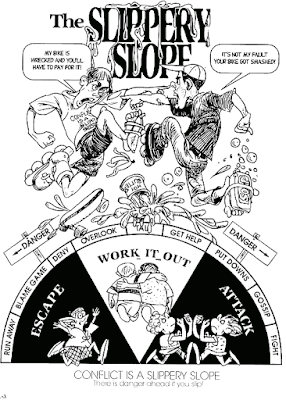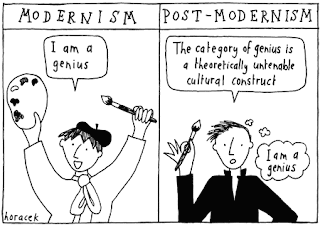Time Management, Conflict Resolution and Communication Skills
Firstly let’s talk about time management. Effective time management makes a huge difference to our success and well-being in every area of our lives. It is about being a good steward of the time we have given to us. Everyone is given 24 hours a day, whether you are Brian Houston or Whitney Houston, so we should not be complaining that we don’t have enough time. We will prioritise and set aside time for something that matters to us no matter how busy our schedule is. Daryl shared a few tips during lecture which I have started to implement, such as doing activities around blocks of time when your concentration is best, and shutting off all distractions such as social media notifications. I like to multitask, but that has sometimes made me distracted and wasted unnecessary time on Facebook. I found an app called Pomodoro timer, which sets a 25 minute timer for undistracted work and then a 5 minute break. It has helped me get through several essays and important tasks.
Secondly, conflict resolution is something I would have avoided a few years ago but since volunteering as a leader I have realised it is inevitable. Not only is conflict inevitable, it is necessary and healthy when handled well. It’s also about our perspective on conflict. In many Asian cultures, we tend to see it as a relationship destroyer and do our best to save another person’s ‘face’, thus stepping over or ignoring conflict instead of resolving it. However, I have had to change my perspective of conflict and see it as an opportunity to talk about hidden issues that needs to be worked on, as well as a chance to get to know others and myself better. An important take away I took from the lecture is this: to take the focus off the people involved(including yourself) and to focus on the issue. As long as all the parties know that they will not take things personally, but still take the issue seriously.
According to Poirier(2006), conflict occurs when one’s desires, wants, expectations and fears collides with another’s. Common church conflicts include issues of divided allegiances, authority issues, boundary making and personal affairs. We need to respond to these conflicts in a biblical manner. Ken Slade’s ‘The Slippery Slope’ diagram includes typical patterns of conflict responses: escape, attack and peacemaking responses. We want to aim for peacemaking responses, which is Christ’s way. I found this point really helpful: “In conflict resolution, the more private a matter can be kept, the greater the hope there is for reconciliation, because confidences are more apt to be broken as more people become involved in a dispute.” The slippery slope model will help me in identifying various response methods and managing a matter in a biblical manner.
Finally, the topic of communication skills is one that we can explore and learn endlessly. Good pastors and leaders are good communicators, and we need to constantly work on improving our communication skills. There are several important factors to consider for effective communication, such as the communication platform, language used, people involved, timing of communication, cultural differences, gender differences and personality differences.




Comments
Post a Comment